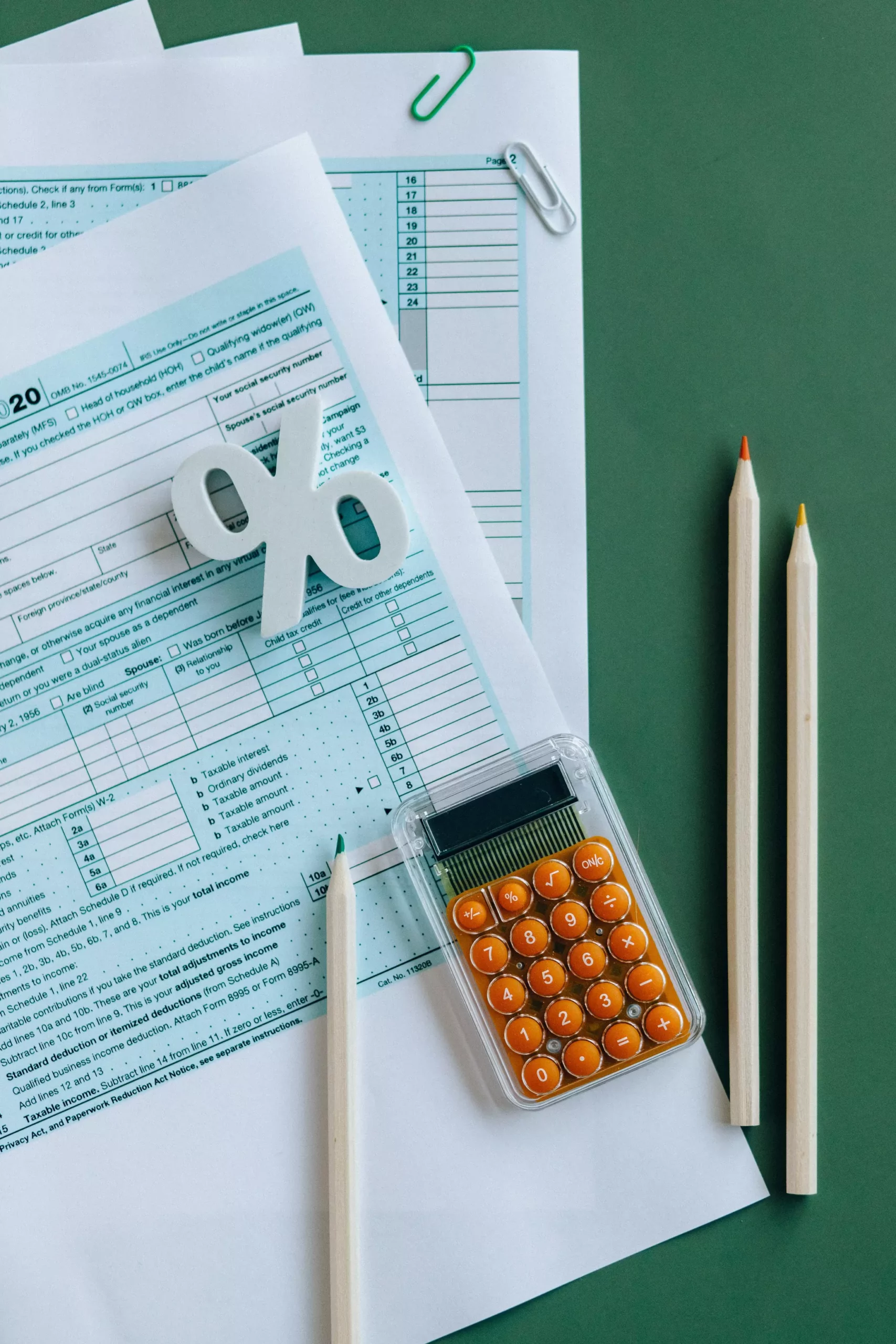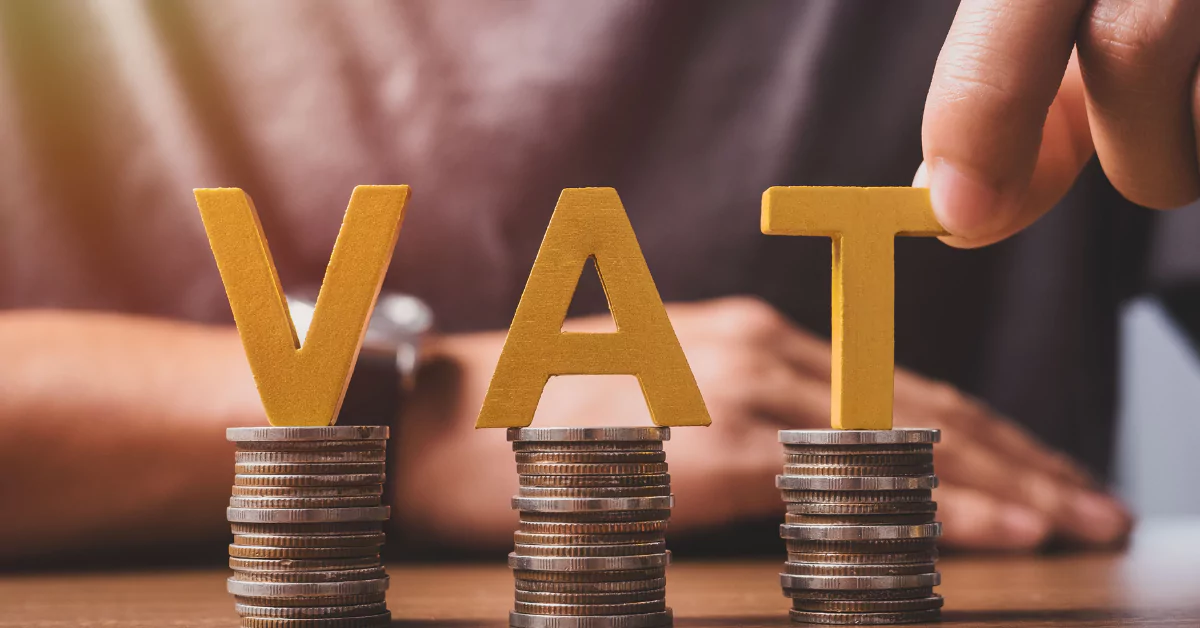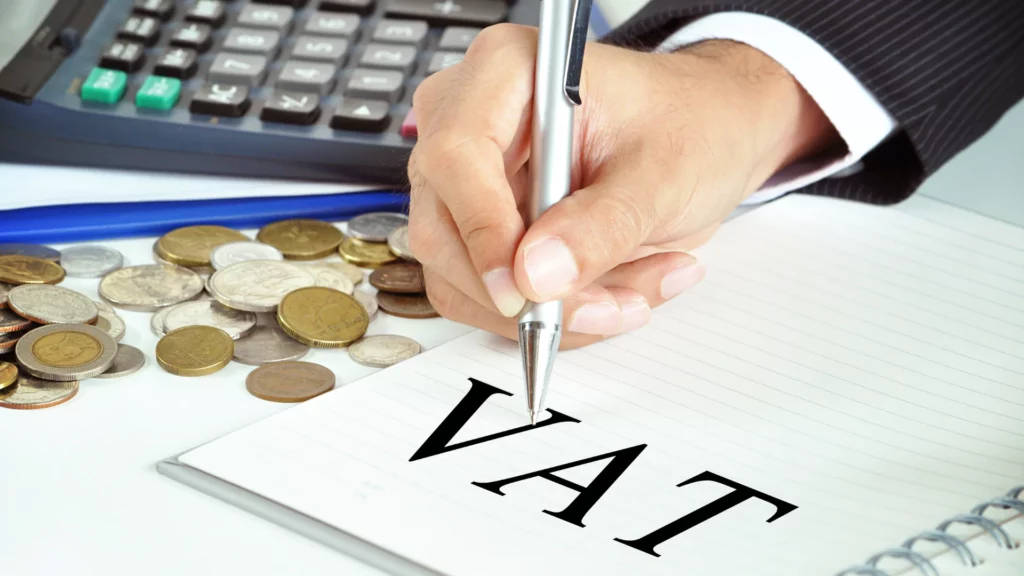Value Added Tax is a cornerstone of the South African tax system, impacting businesses of all sizes. For entrepreneurs and established companies alike, navigating the intricacies of South African VAT regulations can be a challenge. However, a solid understanding of VAT is crucial for maintaining compliance with tax authorities and optimising your company’s financial performance. This article unpacks the fundamentals of South African VAT and explores how partnering with a professional service provider can streamline VAT processes and ultimately boost your bottom line.
Demystifying VAT: An Indirect Tax on Consumption
At its core, VAT is an indirect tax levied on the incremental value added to goods and services at each stage of the supply chain, from production and distribution to final sale. In South Africa, a standard Value Added Tax rate of 15% applies to most goods and services supplied by registered vendors. This tax is essentially collected by businesses acting as intermediaries for the government. While businesses themselves remit the collected VAT to the South African Revenue Service (SARS), the ultimate burden falls on the final consumer who pays the inflated price inclusive of VAT.

South African VAT Registration: Understanding Your Obligations
Businesses with an annual turnover exceeding R1 million are mandated by law to register for VAT with SARS. This ensures proper collection and remittance of South African VAT. However, even businesses with a turnover below this threshold can opt for voluntary registration. This can be advantageous as it allows them to claim input tax credits on VAT paid for business expenses, potentially reducing their overall VAT liability.
Input Tax vs. Output Tax: The Balancing Act

A key concept in the VAT system is the distinction between input tax and output tax. Input tax refers to the VAT a business pays on its purchases, such as office supplies, inventory, or services like marketing or accounting. On the other hand, output tax signifies the VAT a business charges on its sales of goods and services to customers. The difference between these two amounts – output tax minus input tax – determines the net VAT liability a business owes to SARS. This net amount can either be a payment due to SARS or a refundable surplus, depending on whether the output tax is higher or lower than the input tax.
South African VAT Returns and Payments: Staying on Top of Deadlines
Registered businesses are obligated to submit VAT returns to SARS at regular intervals, typically every two months. These returns detail the output tax collected and the input tax paid during the reporting period. It’s crucial to ensure timely filing and payment of any VAT liability by the due date specified on the return. Conversely, if a business has incurred more input tax than output tax, they can claim a refund from SARS.
South African VAT Compliance and Optimization: Beyond the Basics
Maintaining compliance with South African VAT regulations is paramount for avoiding penalties and potential legal repercussions. However, VAT compliance can be a complex endeavour, involving meticulous record-keeping, adherence to specific SARS invoicing requirements, and ensuring accurate calculation and reporting of VAT amounts. This is where partnering with a professional service provider like ODEA can offer significant advantages.

Partnering with ODEA for Seamless VAT Management
ODEA possesses extensive expertise in navigating the complexities of VAT in South Africa. Our team of qualified professionals can provide valuable support across various aspects of VAT management, including:
- VAT Registration: We can guide you through the entire registration process, ensuring your business fulfils all SARS requirements from the outset.
- VAT Planning and Optimization: Our VAT specialists can analyse your business operations to identify opportunities for maximising input tax deductions and minimising your overall VAT burden.
- VAT Compliance: We offer comprehensive VAT compliance services, encompassing record-keeping, preparation of accurate VAT returns, and acting as a liaison with SARS on your behalf.
- VAT Consulting: Whether you have specific questions about VAT treatment for particular transactions or encounter complex VAT issues, our consultants are readily available to provide clear and practical solutions tailored to your unique business needs.
Contact ODEA Today: Your Trusted Partner in VAT Management
Don’t let South African VAT complexities hinder your business growth and profitability. Contact ODEA today to discuss how we can streamline your VAT processes and unlock opportunities for financial optimization. Our dedicated team is committed to empowering you to navigate the intricacies of VAT in South Africa with confidence and ease. Reach out to ODEA now and schedule a consultation. We can be your trusted partner in achieving financial success in the dynamic landscape of South Africa’s business environment.




